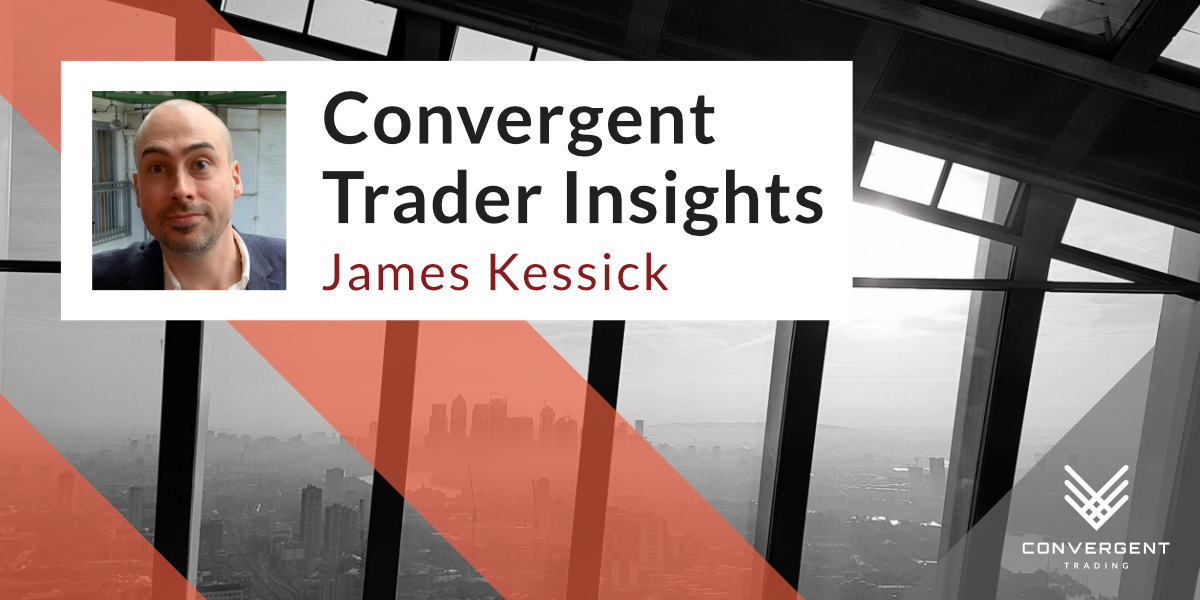The Key Benefits of Proprietary Trading
People often think that the main benefits of working for a proprietary trading firm are capital and a favourable cost structure. But what’s easy to overlook is the fact that you don’t just get handed a massive trading account right off the bat. You need to prove your worth on sim and then small size before you are deemed ready for that.
But I’d argue that it’s the structure that helps traders to find and sustain success that’s of the greatest benefit to prop traders.
Prop Efficiency
For prop firms, the costs and risk associated with training trainee traders can quickly mount up. So although it’s never perfect, striving to be efficient and effective is hugely important. When you throw in the fact that many trainees never achieve success, you start to realize just how important it is for these firms to enforce best trading practices.
Unfortunately, this is often in stark contrast to self-directed traders, who despite best efforts, fail to consistently act in their own best interests.
Required Best Practices
At a good prop firm, you will have to meet certain requirements that give you the best possible chance of success. These are designed to minimize costs, control risk, help you to survive long enough in the business to find your edge, and create an environment for structured learning.
Some of the key elements that prop forces you to address are as follows.
- Routine. You must show up each day. Period. Staying in tune with the markets is a huge part of finding your rhythm as a trader, whether you are new to the business or a seasoned pro. A self-directed trader can pick and choose when they trade.
- A plan. If you’re asked by your boss what your plan is and don’t have any kind of coherent answer, don’t be surprised to get a less than friendly response. You’re risking their money and they won’t take kindly to you punting with it.
- Risk control. A good prop firm usually has a dedicated risk manager whose sole focus is to control the firm’s risk. If a prop trader is on tilt and hitting their daily loss limit, they will get blown out and they’ll be unable to trade for the remainder of the session. Whereas a self-directed trader may well double or triple their risk or worse, in an attempt to claw back their losses. This frequently leads to unnecessary account blow-ups.
- Accountability. Trading with a group of other traders creates a social accountability structure. If you’re saying one thing and doing another, you’ll quickly and often brutally be called out on it.
- Competition. In my experience, this is huge. To the right kind of character, there’s nothing more motivational than seeing another trader perform well when you are not or seeing under-performing traders being let go. As a self-directed trader, you set your own timeline for success. You are only really competing with yourself. There is no urgency. But when someone else is calling the shots, there’s nowhere to hide. Do the work and see if you have what it takes to make it.
Your Challenge
Whilst working for a prop trading firm is probably the most effective way to propel you forward, it is just one option.
Convergent Trading is striving to create a structured learning environment and the Trade Right Program is designed to help you plan, do the work and find an effective accountability group. Depending on how your group works, you may also be able to generate some internal competition. At a minimum, you should Implement Broker-Enforced Loss Limits to help you control your risk and protect you from excessive losses when you’ve lost your cool.
How ever you end up approaching the task of developing as a trader, it’s incredibly important to figure out processes and structure to help you act in your own best interests and perform. Trading is incredibly competitive and unforgiving, so make sure that you are fully prepared for the challenge ahead.
– James Kessick (@CT-James, Managing Partner at Convergent Trading)
🔑 Unlock Your Trading Edge!
Join Cohort 5 of the Accelerator Program
🗓️ Program Dates: Friday, April 18th – Friday, May 23rd, 2025
Only 50 seats are available, so sign up now to secure this amazing deal:
⚡ Accelerator Program – Five weeks self-study course & live AMA sessions, followed by one full week of live trading & skills workshops, designed to give you everything you need to trade! ➡️ $500 discount off the full price of $3,000!
⚡ 6 months of Convergent Trading Community membership – all the benefits of the Convergent Trading Community, including the Trade Right Program, to provide a platform for you to put your new skills to work!* ➡️ worth $774!*
⚡ 50% lifetime discount on Convergent Trading memberships**! ➡️ worth $$$!
⚡ BONUS MATERIAL– special training for planning how to trade in the current news-driven environment, tariffs, tweets/truths & all!➡️ worth $299!
➡️ TOTAL PRICE: $4,073 Only $2,500!**


Is there a group trading oil?
Hello,
Within Convergent’s chat service, yes, there is a channel for energy in which members discuss crude oil. It is not as active as other channels, but we do Master and StalkZone Levels for CL and frequently discuss it in the Head Trader channel.